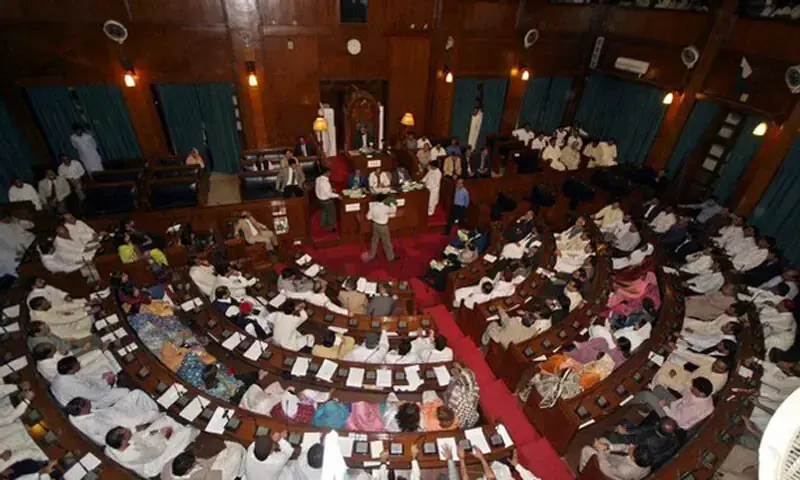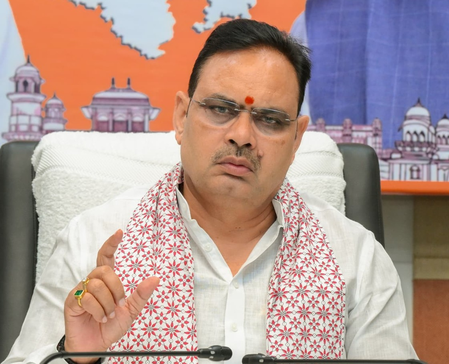By Jawaid Bokhari
Copyright dawn

Many compelling reasons have been cited by analysts for not creating new provinces in the prevailing political, economic and financial conditions with risks to fragile stability while priority should go to the most urgently needed reforms.
However, no less important is the lack of clarity in public policy on such a major politically divisive issue: should provinces be created for administrative reasons under a centralised system operating at the federal or provincial level or on an ethnic and sub-national basis to forge a legitimate participatory federal democratic structure?
It is argued by a growing number of analysts that the foundation of democracy can only be laid by empowering local bodies, communities, and citizens to build a future for themselves as envisioned by the Constitution. The citizen’s access to ministers and legislators would remain restricted compared to that of citizens, nazims and councillors also residing in the same villages and cities.
Creating new provinces under a hybrid regime is like putting a cart before the horse. The province of Balochistan was created in 1970. How Balochistan, or even the Federally Administered Tribal Area — before its merger with Khyber Pakhtunkhwa — are now faring in regard to provincial autonomy and control over their own resources is well-known.
Empowered local bodies would minimise dissatisfaction with the government, as citizens would be able to access basic services at the grassroots level
Referring to recent political upheavals in Nepal, Bangladesh and Sri Lanka, analysts at Business Recorder argue that “the price of ignoring popular anger is always higher than the cost of reforms.”
And a well-known governmental reforms expert says effectively empowered local governments (LGs) in Pakistan would minimise dissatisfaction with the government, as citizens would be able to access basic services at the grassroots level.
Some important lessons drawn from the 1971 events were taken into account in certain provisions of the 1973 Constitution and its anticipated abolition of concurrency by the 18th Amendment.
In a message on the International Day of Democracy on Sept 15, Prime Minister Shehbaz Sharif said, “Besides the rights of citizens, the Constitution lays the foundation for all the provinces to play an effective role in the federation by giving equal status to all provinces. The Constitution not only defines fundamental rights but also protects them.”
In the context of fiscal distribution, Dr Ishrat Husain suggests that the Provincial Finance Commission (PFC) should allocate a minimum of 30–40 per cent of the provincial share from the divisible tax pool (without disturbing the existing NFC award allocation to the provinces) to LGs, granting them autonomy in budget formulation and implementation.
The PFC should give preference in allocation to underdeveloped districts, as advanced districts can mobilise revenues from their own sources, incentivised by matching grants.
Devolved governance combined with large and sustained fiscal transfers encourage once-demoralised communities to face the future, says development economist Paul Collier
Similar views are also being offered by an eminent British development economist at the University of Oxford, Paul Collier, to resolve problems in developed countries like the United Kingdom. In his book titled ‘New Economics for Neglected Places’. Mr Collier suggests how to remedy the problems of ‘left-behind’ communities, towns and regions: devolved governance combined with large and sustained fiscal transfers that encourage once-demoralised communities to face the future and learn as they go.
The United States is going through a similar experience of left-behind communities. A poll finds that the share of Americans who say they have a good chance of improving their standard of living fell to 25pc, with over three-quarters saying they lack confidence that the next generation will be better than their own — a record low in surveys dating to 1987, as per The Wall Street Journal.
In another of his books titled ‘The Bottom Billion’, Mr Collier argues that in 60 countries, though globalisation has been benign for the majority of the developing world, it is not working for the bottom billion and is not likely to do so. On the contrary, it is liable to make them increasingly marginalised.
Stressing that empowered local bodies would be more effective than provinces, Dr Husain suggests several areas that Article 140-A of the Constitution and the new Fourth Schedule list should prescribe for LGs.
They are notably: LGs should have complete control over education in primary and secondary schools up to Matric, healthcare up to district hospitals, water supply, sewerage, solid waste disposal, population planning, sports, mass transit, roads, bridges within district limits, prosecution, social welfare, and community and women’s development. All staff up to Grade 16 would be transferred along with their salary and allowance budgets.
On the revenue side, the LG should assess and collect urban immovable property tax, capital gains tax, agricultural tax, cesses, and user charges and fees and spend these resources in their respective jurisdictions. Evidence shows, Dr Husain says, that raising taxes or charging user fees for services at the local level is relatively easy.
Published in Dawn, Young World, September 22nd, 2025



